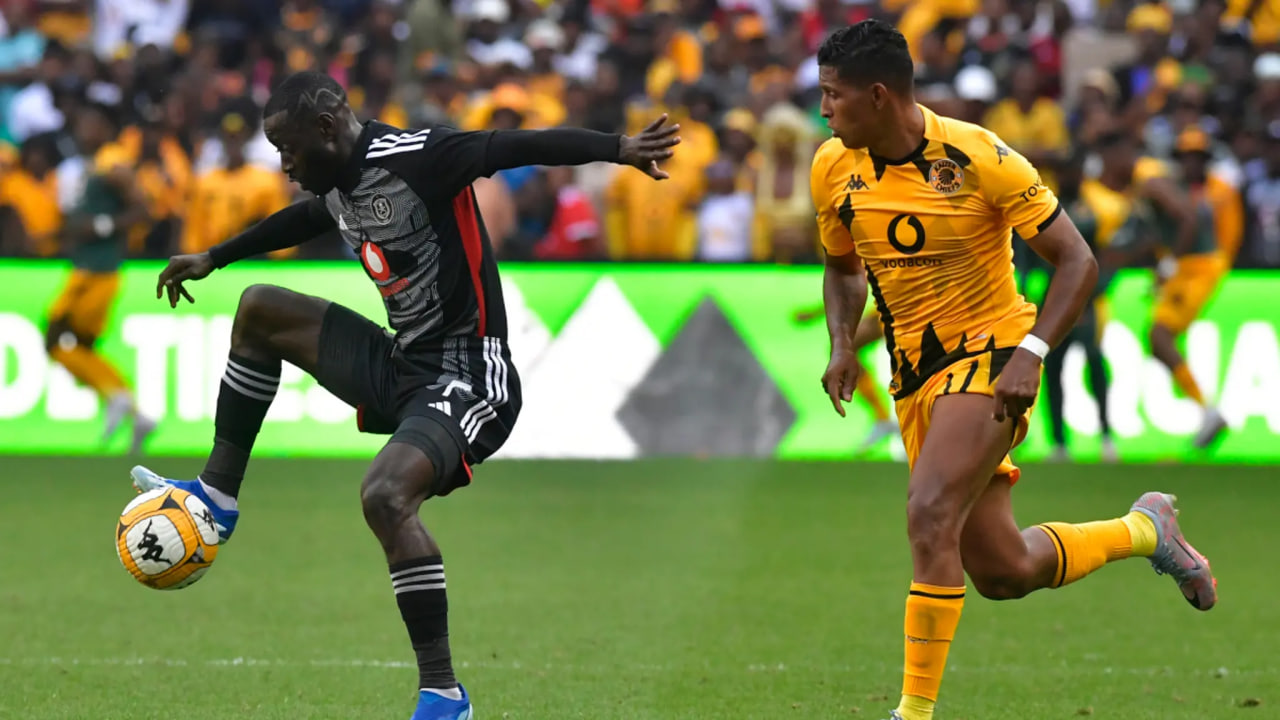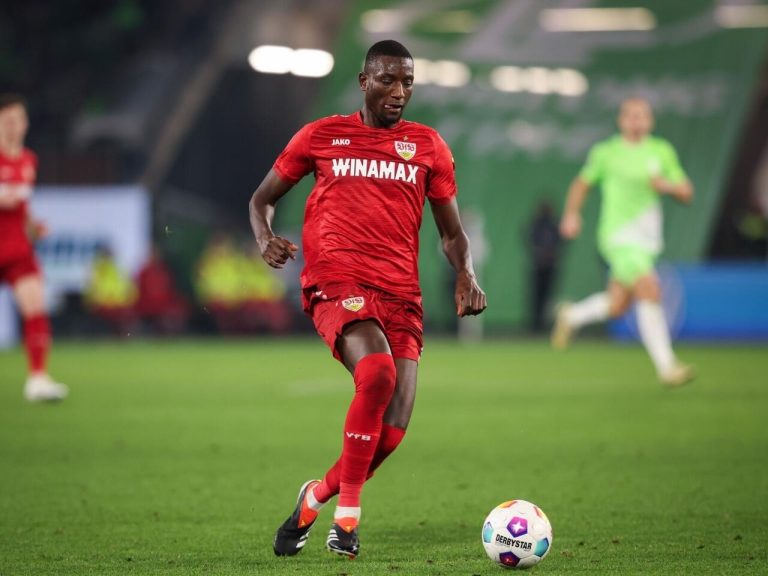Exploring Football Rivalries Around the Globe: A Deep Dive into Derby Week
Football, often described as the world’s most popular sport, transcends borders and cultures, bringing communities together while igniting passionate rivalries. One such rivalry unfolds in South Africa’s footballing heartland of Soweto, where the clash between Orlando Pirates and Kaizer Chiefs captivates fans and symbolizes the nation’s rich history and diversity.
South Africa’s story is one of complexity and resilience, shaped by a diverse population of 62 million people, encompassing various races, religions, and languages. The legacy of British colonialism, marked by the imposition of English as a lingua franca, permeates the country’s social fabric, extending to the realm of sports.
Football Full Results | Schedule
Football, introduced alongside rugby by colonial settlers in the late 19th century, emerged as the nation’s most beloved sport, resonating deeply with the predominantly African population. However, the sport faced barriers of racial segregation, mirroring the broader apartheid policies that permeated South African society.
The inception of the South African Football Association, initially limited to white players, underscored the discriminatory practices prevalent in the country. Despite early attempts to segregate football along racial lines, South Africa earned a seat at FIFA’s table in 1953, signaling its growing prominence on the global stage.
However, the apartheid regime’s policies hindered South Africa’s participation in international competitions, including the Africa Cup of Nations (AFCON), due to the racial makeup of its teams. It wasn’t until the dismantling of apartheid that South Africa could fully integrate into the global football community.
The post-apartheid era ushered in a new chapter for South African football, marked by inclusivity and progress. In 1996, a united national team triumphed in AFCON, showcasing the country’s talent and unity. The crowning moment came in 2010 when South Africa hosted the FIFA World Cup, a historic event that captivated the world’s attention and showcased Africa’s passion for the beautiful game.
Within this vibrant football landscape, the Soweto derby emerges as a beacon of tradition and rivalry. Orlando Pirates, founded in 1937, stands as one of the country’s oldest and most storied clubs, rooted in the community of Soweto. Its counterpart, Kaizer Chiefs, bears the legacy of its founder, Kaizer Motaung, whose journey from South Africa to the United States and back shaped the club’s identity.
Despite their illustrious histories, both clubs have faced challenges in recent years, with dwindling success on the field. Yet, the Soweto derby remains a highlight of the football calendar, drawing fans from all walks of life to witness the spectacle.
Beyond South Africa, football derbies captivate audiences worldwide, showcasing the sport’s universality and cultural significance. In Mexico, the clash between Club America and CD Guadalajara reignites old rivalries, reflecting the deep-seated passion for football in the country’s two largest cities.
In Egypt, the Cairo derby between Al Ahly and Zamalek transcends sport, embodying the fierce competition between the nation’s most successful clubs. Similarly, the Northside derby in Ireland pits Bohemian FC against Shelbourne FC, uniting communities in Dublin through their shared love for football.
Indonesia’s Persib versus Persija Jakarta rivalry encapsulates the fervor of Southeast Asian football, while Serbia’s Eternal derby between Crvena Zvezda and Partizan Belgrade reflects the nation’s rich footballing heritage.
As football continues to evolve, these derbies serve as reminders of the sport’s ability to unite and divide, captivating millions worldwide with its drama and passion. From the streets of Soweto to the stadiums of Europe and beyond, football derbies offer a glimpse into the soul of the game, where rivalries are forged and legends are born.






